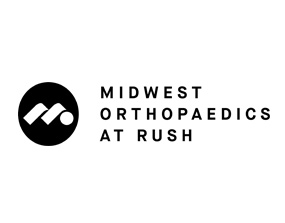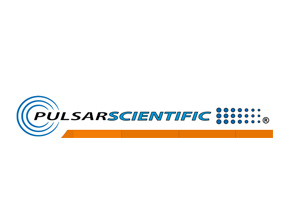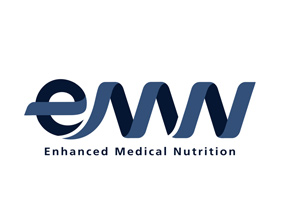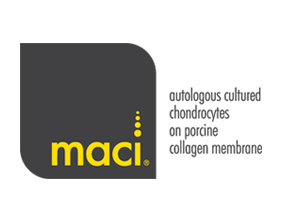By Brian Rog and Doug Adams (PT, DPT, SCS, OCS, CSCS) for ATI Physical Therapy
In just a few short days, the streets of downtown Chicago will be filled with thousands of runners lining up for the 40th?running of the Chicago Marathon. For those competing in this grueling 26.2 mile event, the spotlight shines on their abilities to power through the marathon and eclipse personal records, while remaining injury-free. However, through the training process, some runners seemingly place more emphasis on getting through the race and less emphasis on battling the compromising affects after the event.
In doing this, once the adrenaline dissolves and fatigue and achiness settles in, the days and weeks following the race may present a wave of challenges for a runner as the body?s muscles recover from the intensity of the race. The good news is that overcoming these challenges and preparing your body for the post-marathon recovery is well within reach. ATI?s Doug Adams (PT, DPT, SCS, OCS, CSCS) breaks down some post-marathon recovery tips to help alleviate the agonizing marathon aftershock.
What happens to the body after a marathon?
- Rhabdomyolysis (breakdown of muscle tissue) and muscle damage
- Changes in blood volume with 29-50 percent of people showing symptoms of acute stage 1 kidney injury
- ?Immunity is down after a race for up to three days. Be careful around sick relatives and friends who came out to cheer you on, they might give you more than a high five
How long does it typically take to recover from a marathon?
- Typically, muscle strength is restored in 14 days
- Cellular recovery of mitochondria (produces energy currency of the cell) in 3-4 weeks
- Improved markers of recovery evident within 8-12 weeks
What can a runner do to speed up the recovery process?
- ?Before the race
- Proper training is key, which can include levels of cross and strength training
- Know your sweat rate for the race environment
- ?During the race
- ?Sports drink with CHO (carbohydrate) concentration of 6-8 percent
- ?Avoid hyponatremia (low sodium level in the blood) as much as you can by limiting fluid intake – 13 percent of Boston marathon runners suffered from this?
Overcoming dehydration
- ?After the race
- Immediate nutrition intake is crucial 30-60 min after the race: 4:1 Carb to protein ratio drink (chocolate milk) to help restore depleted glycogen stores
- ?Tart Cherry Juice shows evidence of reduced inflammation and quicker returns of strength
- ?Compression reduces soreness for the first 24 hours and improve running function two weeks after the marathon, but no physiological changes
- Make sure you stretch and/or use a foam roll
- Consider an ice bath
- ?Within 3-4 hours, consume a large meal
When should someone return to running after a marathon?
- ?This varies depending on experience levels, though we suggest taking a complete week off from running and rest for at least 3-4 days ? depending on how you feel, a short walk may help with active recovery.
- ?Around the 14-day mark when muscle function is beginning to reach pre-marathon levels, you may incorporate some short, low-intensity cross training exercises.
What to do if you?ve sustained an injury?
Lower body injuries following a major race are not uncommon. While it?s important to?rest to help reduce damaged tissue, your body will still remain vulnerable to reinjury. Injuries tend to be unique by nature, so self-treatments may not be the most effective option for your body. Consider stopping by?your nearest ATI clinic?to undergo a complimentary screening or call us at (855) 692-8478 to schedule an appointment.
Click here for full podcast playlist.
